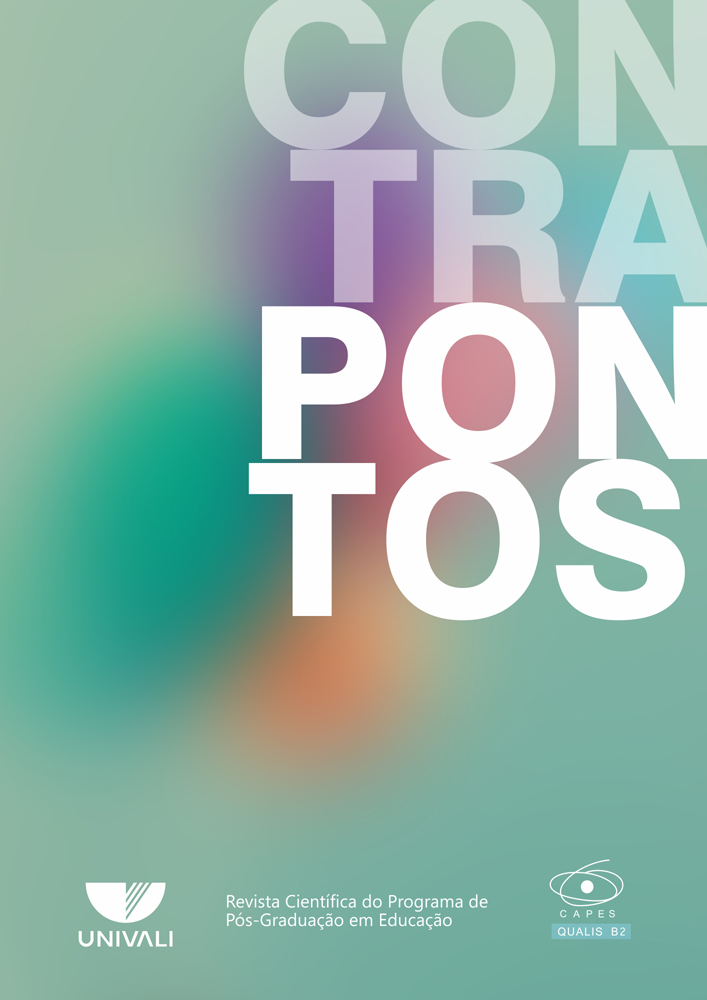BETWEEN THE COMMUNICATION SUPPORT BODY AND THE DIPLOMATIC CORPS: NARRATIVES BY TRANSLATORS/INTERPRETERS OF BRAZILIAN SIGN LANGUAGE
DOI:
https://doi.org/10.14210/contrapontos.v20n2.p372-390Keywords:
Body, Translation/Interpretation, Sign language, Cultural Studies in Education.Abstract
Within a perspective of cultural studies, this paper presents an approach to the forms of education and shaping of Libras translators’/interpreters’ bodies (Libras stands for Língua Brasileira de Sinais - Brazilian Sign Language). It analyses how meanings and translating/ interpreting bodies are formed, based on the narratives of four Libras translators’/interpreters working in different higher education institutions in the State of Rio Grande do Sul, and using a code of conduct for the profession as an empirical basis for the work. We argue that through different processes of formation and daily actions, codes of conduct have inscribed, into these bodies, ways of acting so that they fit the proposal of a support body for communication. A diplomatic dimension is inscribed into these bodies, supporting and enabling communication among users of different types of language. This paper analyses this topic under three main approaches: the presumption of a transparent support body; the efforts of the diplomatic corps; and the visibility of an exposed support body.
Downloads
Published
Issue
Section
License
Upon acceptance of an article, the author gives full rights of the work to Contrapontos., but retains the authorship. The published work is considered collaboration. Thus, its author will not get paid nor will s/he be charged by Contrapontos. The responsibility of the article solely goes to the authors. Citations and transcriptions are allowed by mentioning the sources.
Â

This work is licensed under a Creative Commons Attribution 4.0 International License.

